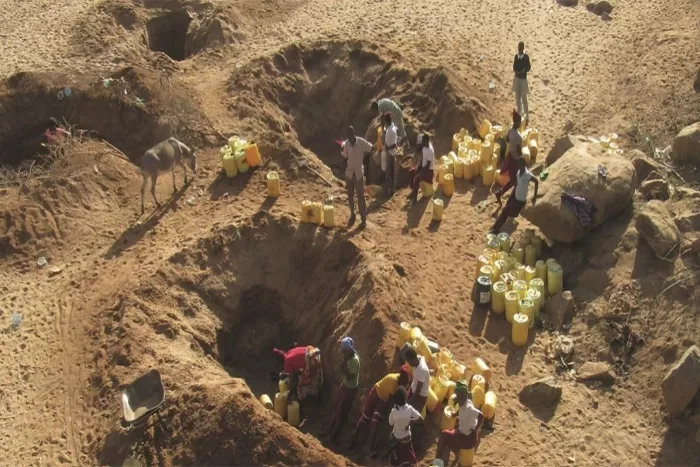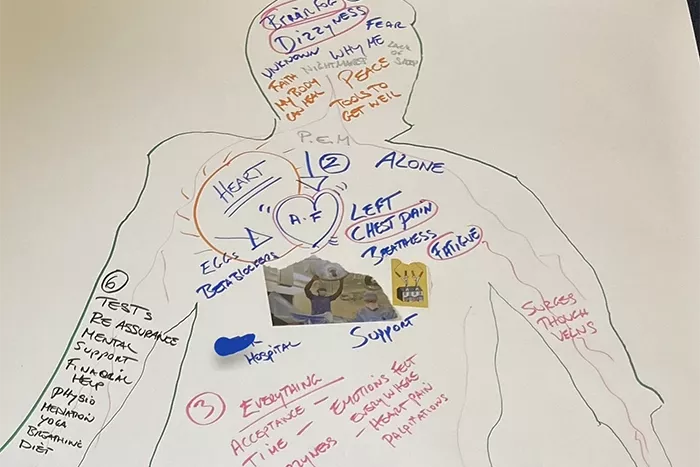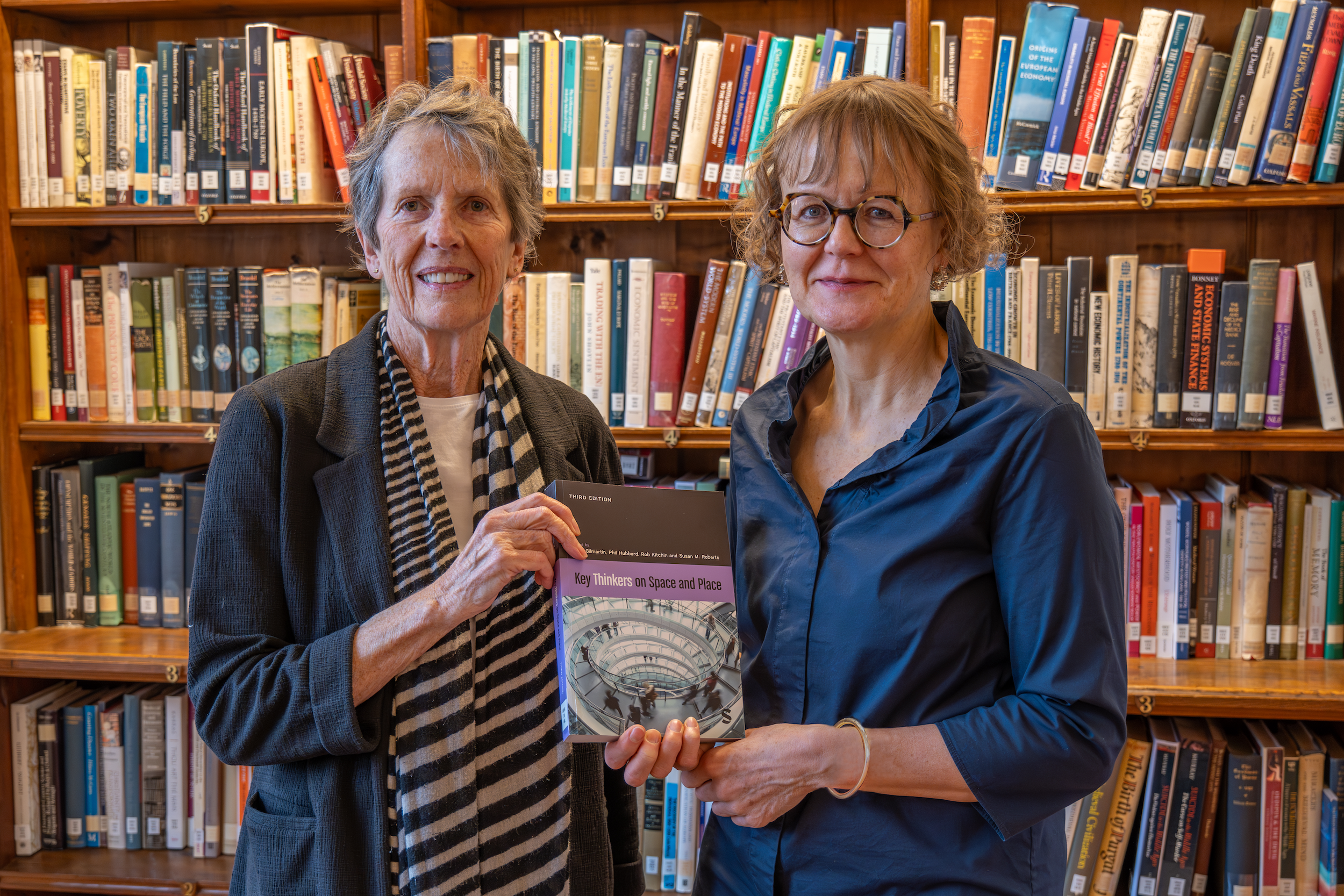The atmosphere’s growing thirst for water is making droughts more severe, even in places where rainfall has stayed the same. New research by Dr Solomon H. Gebrechorkos and Prof Simon Dadson et al in SoGE, published in Nature, finds that this “thirst” has made droughts 40% more severe across the globe.
News
Banning wildlife trade can increase trade of other threatened species
Governments frequently impose bans to safeguard wildlife species most at risk from trade. However, an ECI researcher has been studying the extent to which banning trade in one threatened species unintentionally drives demand for other endangered species. Writing in The Conversation, Dr Diogo Veríssimo, explains how efforts to deal with the risk of overexploitation by the government of Japan, one of the world’s largest wildlife markets, resulted in a pattern known as the ‘spillover effect’ - when a species is no longer available, demand often moves to alternative species rather than disappearing entirely.

'The Water Diaries': new book highlights the drivers and inequalities in the global water crisis
Dr Sonia Hoque and Prof Rob Hope make a significant contribution to the global water crisis debate with their new book The Water Diaries.

Kickstarting Heritage Innovations: Breaking new ground with old walls
Professor Heather Viles, Professor of Biogeomorphology and Heritage Conservation at the School of Geography and the Environment, talks about her pioneering research in preserving heritage sites, and her top tips on applying research into practice.

Why Rachel Reeves' reservoir plans are 'far from a solution to UK's water challenges'
In The Big Issue, Kevin Grecksch from the School of Geography and the Environment provides expert insights into the complexities of reservoirs and water companies, contributing a critical perspective on current policies and their environmental implications.

Negotiating a ‘Frozen’ Conflict in Academia: Reflections on Youth, Peace-Making & the Cyprus Divide
Ethan Chandler, a current SoGE student, will lead a discussion on research, findings and shared experiences.

‘We think of the body as a map’: a new approach to deciphering long Covid
People with post-infectious diseases sometimes struggle to communicate the debilitating impact of their conditions. But a new technique can help them explain visually. The Visualising Long Covid research project, involving Prof Beth Greenhough, Dr Maaret Jokela-Pansini and Oonagh Cousins, is featured in The Guardian.

Prof Gillian Rose and Prof Linda McDowell celebrated in a new edition of Key Thinkers on Space and Place
Prof Gillian Rose, Professor of Human Geography and Fellow of the British Academy and Academy of Social Sciences, and Prof Linda McDowell, Professor Emerita of Human Geography and Fellow of the British Academy, have been included in the third edition of Key Thinkers on Space and Place (ed. Mary Gilmartin, Phil Hubbard, Rob Kitchin and Susan M. Roberts; Sage, 2024), in chapters celebrating their career achievements.

Aissa Discovers All Rhodes Lead to Oxford
Aissa Dearing, student writer and alumna of Oriel College, examines whether statues distort the memory and legacy of those commemorated and how places are experienced through the eyes of a geographer. She is a current DPhil in the School of Geography and the Environment.

The UK is surprisingly short of water – but more reservoirs aren’t the answer
Despite its rainy reputation, the UK’s public water supplies are often threatened by drought and water scarcity. Shouldn’t the country do a better job of capturing and using all its rain? Dr Kevin Grecksch, Departmental Lecturer and Course Director MSc in Water Science, Policy and Management, and Dr Kirsty Holstead, Wageningen University, explore the options in an article for The Conversation.

Interdisciplinary Life and Environmental Science Landscape Award (ILESLA) doctoral training programme deadline - 29 January
The University of Oxford, in partnership with five leading institutions, has launched the Interdisciplinary Life and Environmental Science Landscape Award (ILESLA). This ambitious doctoral training programme will prepare a new generation of creative, collaborative, and entrepreneurial researchers who are equipped to meet the complex, cross-disciplinary challenges the world faces.








